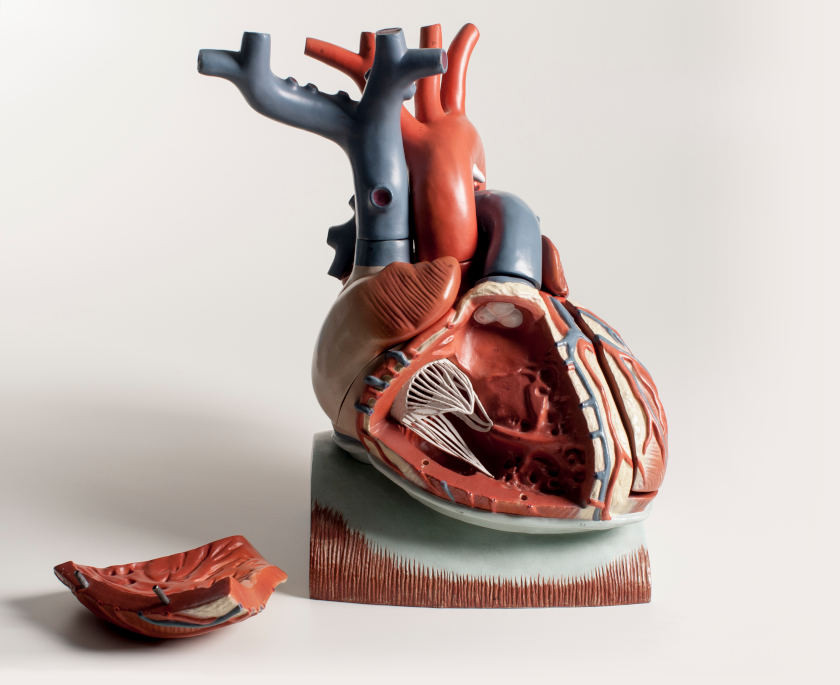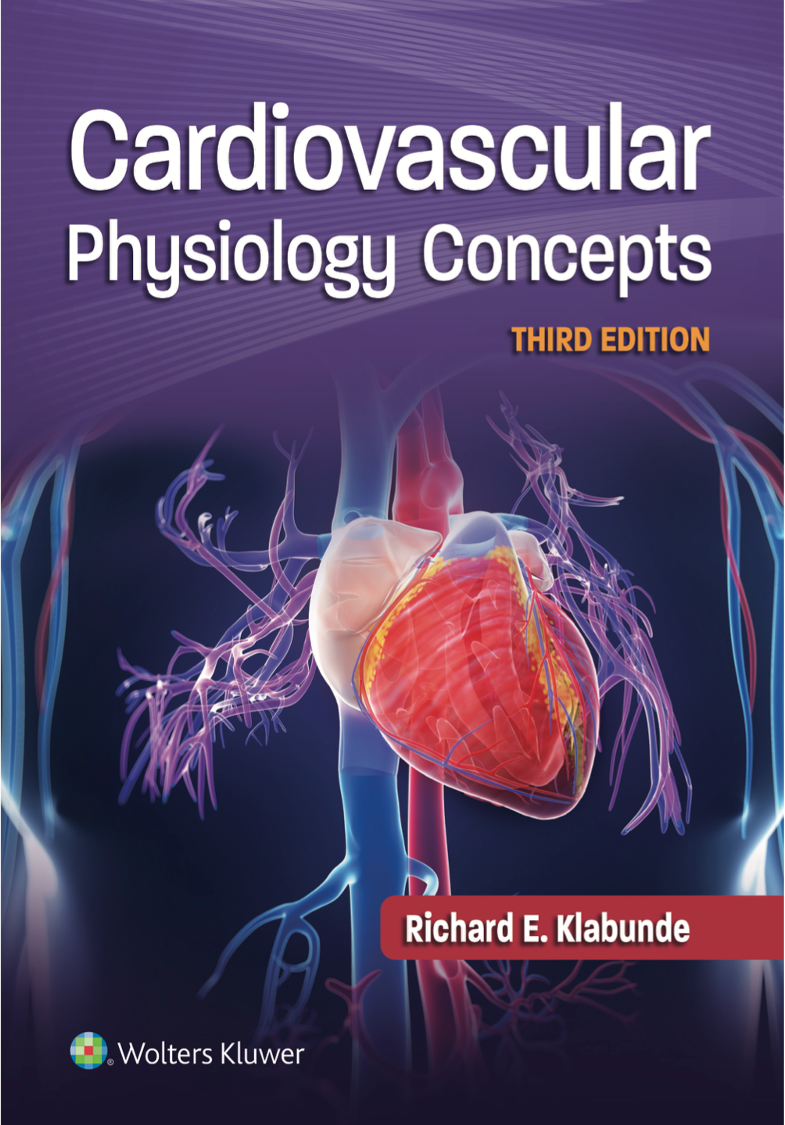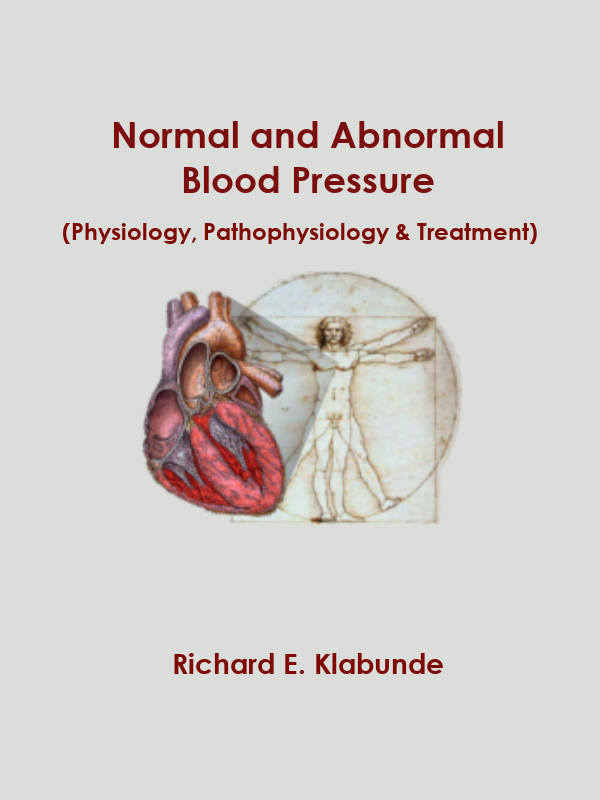Neurohumoral Mechanisms
The heart and vasculature are regulated, in part, by neural (autonomic) and humoral (circulating or hormonal) factors. Neural mechanisms primarily involve sympathetic adrenergic and parasympathetic cholinergic branches of the autonomic nervous system. The sympathetic system stimulates the heart and constricts blood vessels, which increases arterial blood pressure. The parasympathetic system depresses cardiac function and dilates selected vascular beds. There are several very important humoral mechanisms including circulating catecholamines, the renin-angiotensin-aldosterone system, vasopressin (antidiuretic hormone), atrial natriuretic peptide, and endothelin. Each of these humoral systems directly or indirectly alters cardiac function, vascular function, and arterial pressure.
Revised 12/7/2022

 Cardiovascular Physiology Concepts, 3rd edition textbook, Published by Wolters Kluwer (2021)
Cardiovascular Physiology Concepts, 3rd edition textbook, Published by Wolters Kluwer (2021) Normal and Abnormal Blood Pressure, published by Richard E. Klabunde (2013)
Normal and Abnormal Blood Pressure, published by Richard E. Klabunde (2013)